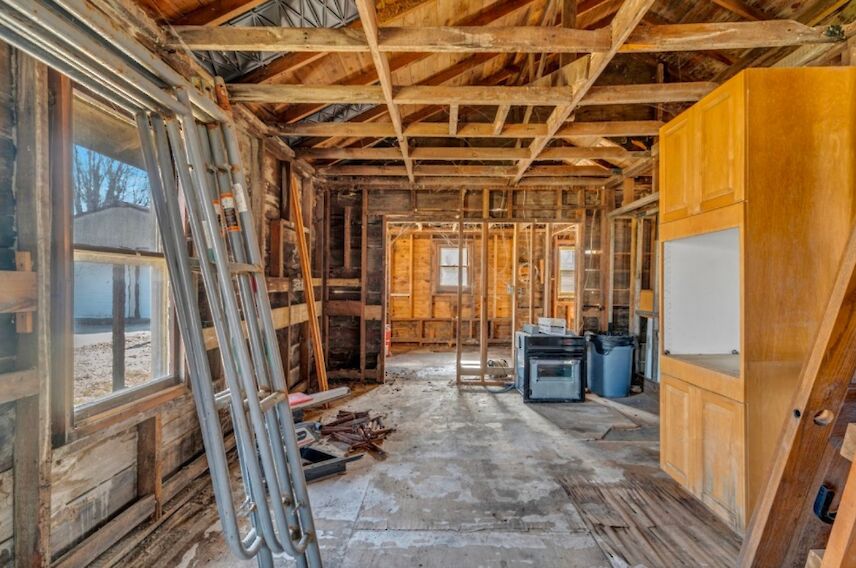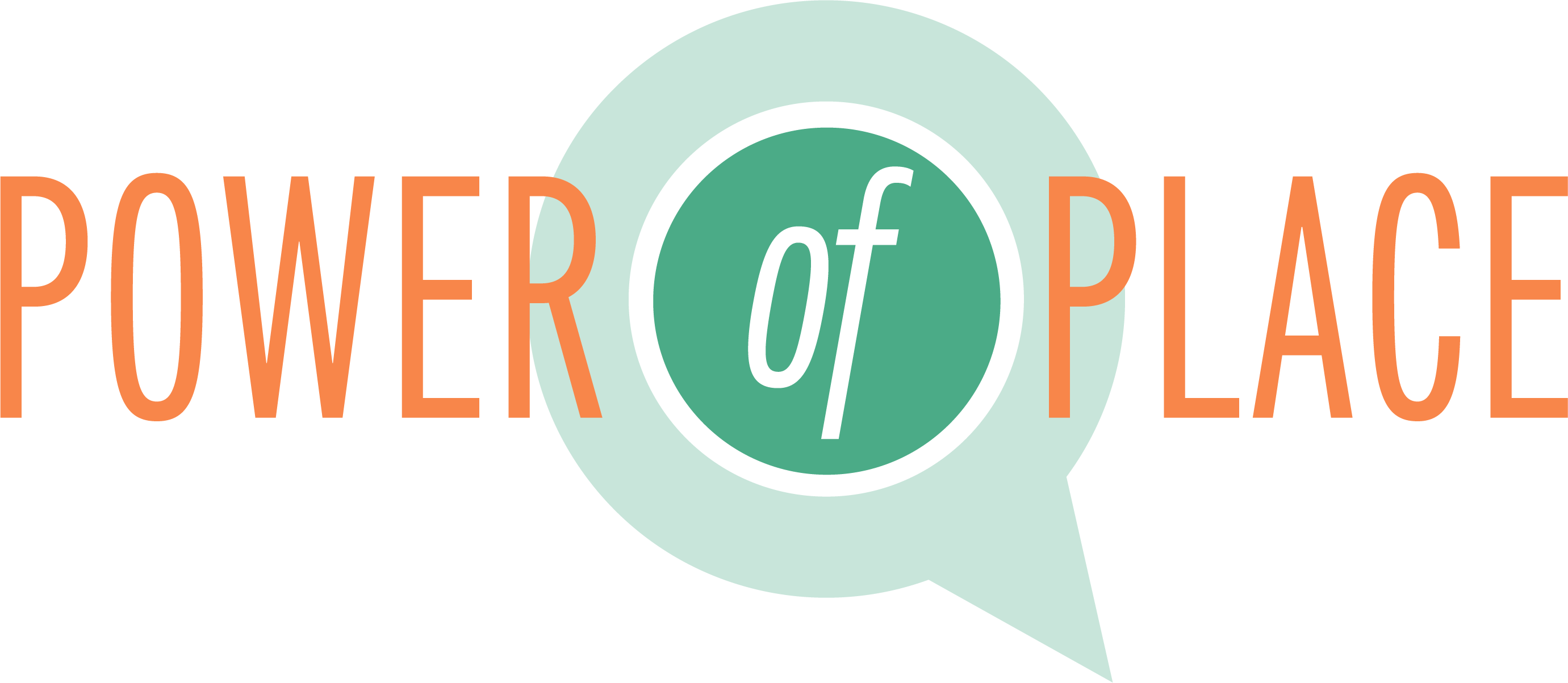January 12, 2024 Read Time:
Remodeling
This past October, my husband had his right hip replaced. This month, our family is in the thick of a long-overdue renovation of our circa 1960s kitchen. What do they have in common? Both are significant remodeling projects.

Remodeling often requires breaking something. The orthopedic surgeon was required to break my husband's old hip before building him a new one. The home contractor demolished our kitchen right down to the studs, laying waste to the familiar cupboards, counters, and flooring that have defined the room for decades. Remodeling also necessitates rehabilitation. My husband used crutches and compression socks, and was prescribed physical therapy sessions and daily exercises. Electricians rewired the outlets in the kitchen, contractors installed insulation and plaster, and plumbers replaced corroded pipes – bringing the room "up to code."
Remodeling also - usually - requires reflection. In most cases you can’t just tear everything down and start over. Instead, it’s important to keep what works and change what has outlived its usefulness. It is sometimes painful–and often disruptive, messy, disorienting, and inconvenient. And yet, patience is ultimately rewarded: My husband now has full mobility and, in a few weeks (fingers crossed!), our kitchen will be beautiful, modern, and much more efficient.
Here’s my point: We are all in the midst of remodeling our education system to accommodate an ever-changing world. We can no longer teach the way we did a century ago, or even in the 1960s when my kitchen was built. Instead we need to mindfully retool how we approach education to create learning environments and experiences that engage and inspire us as educators so we can engage and inspire our students. This means bringing our pedagogies and practices "up to code" to meet the daily realities of young people's lives in 2024.
In education, we often hear calls for transformation, reinvention and revolution. I find such language unhelpful–and sometimes harmful–because it can make the pursuit of change feel unattainable to educators and scary to parents and members of the community. It can also take attention away from the small, incremental changes we make every day that are having an impact. Some of these changes may be invisible to the eye–a shift in mindset that allows for deeper human connection, a small change in the school schedule that yields unexpected gains, a lesson plan that foregrounds student voice - but they still move us forward in a meaningful way.
The language of remodeling allows us to keep our aspirations high and our expectations higher, while also keeping our feet planted firmly in the realities on the ground. Remodeling projects can be monumental, modest, or somewhere in between.
We see PoP/ECLC as a space for remodeling, rethinking, and reimagining learning for all of our students. We’ve seen time and again that when educators have the opportunities to dream and experiment together, they feel energized and have renewed faith in themselves as adult learners and as teachers. Such feelings of efficacy are contagious – and students invariably benefit.

